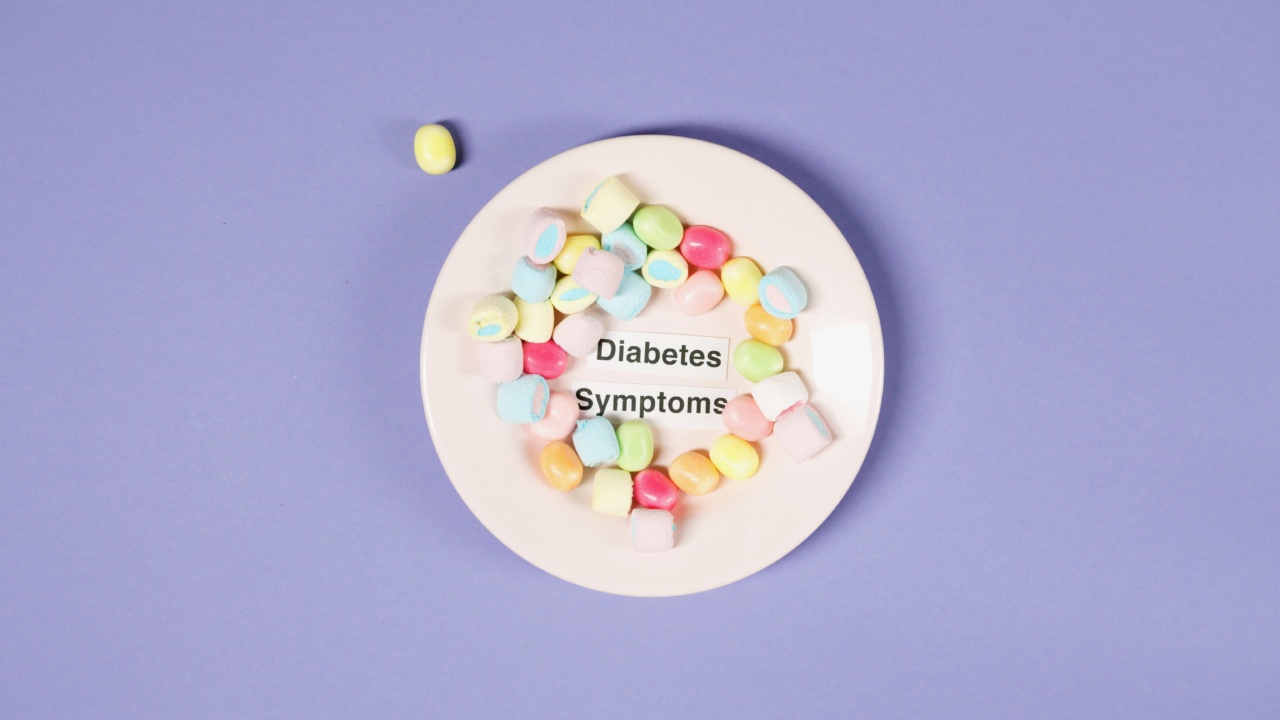Polycystic ovary syndrome (PCOS) is a hormonal disorder that affects many women of reproductive age. It is characterized by enlarged ovaries with small cysts, irregular menstrual cycles, and high levels of androgens (male hormones) in the body.
PCOS can lead to a variety of symptoms, including weight gain, acne, excessive hair growth, and fertility issues.
While there is no known cure for PCOS, managing its symptoms can be achieved through various lifestyle changes, including a well-balanced diet.
In this article, we will explore how a PCOS diet can help you effectively manage the symptoms of this condition and enhance your overall well-being.
1. Focus on Low-Glycemic Index Foods
The glycemic index (GI) is a measurement that ranks carbohydrates based on their effect on blood sugar levels. Consuming foods with a low GI can help stabilize blood sugar levels and improve insulin resistance, a common issue for PCOS patients.
Opt for whole grains, legumes, fruits, and vegetables, which have a lower GI compared to refined grains, sugary snacks, and processed foods.
2. Include Healthy Fats
Incorporating healthy fats into your PCOS diet can have numerous benefits. Healthy fats, such as those found in avocados, olive oil, nuts, and seeds, can help reduce inflammation, optimize hormone levels, and support weight management.
However, it’s important to consume fats in moderation to maintain a balanced diet and avoid excess calorie intake.
3. Prioritize Lean Protein Sources
Protein is an essential nutrient for PCOS management. It helps stabilize blood sugar levels, increases satiety, and supports muscle development. Opt for lean protein sources like fish, poultry, tofu, beans, and lentils.
Including protein in each meal can help you feel fuller for longer and prevent overeating.
4. Consume Antioxidant-Rich Foods
Antioxidants play a crucial role in reducing oxidative stress and inflammation, which are often elevated in women with PCOS.
Include a variety of colorful fruits and vegetables, such as berries, leafy greens, and cruciferous vegetables, in your diet to benefit from their antioxidant properties. Additionally, herbs and spices like ginger, turmeric, and cinnamon are packed with antioxidants and can be easily incorporated into meals.
5. Incorporate Fiber-Rich Foods
Fiber aids in digestion, promotes healthy gut bacteria, and helps maintain stable blood sugar levels. Consuming an adequate amount of fiber can improve insulin sensitivity and support weight management.
Include high-fiber foods like whole grains, legumes, vegetables, and fruits in your PCOS diet.
6. Limit Processed and Sugary Foods
Processed and sugary foods should be limited or avoided in a PCOS diet. These foods can contribute to insulin resistance, weight gain, inflammation, and hormonal imbalances.
Avoid sugary drinks, baked goods, processed snacks, and fast food as much as possible. Opt for whole, unprocessed foods instead.
7. Be Mindful of Dairy Intake
Dairy products contain a hormone called insulin-like growth factor 1 (IGF-1), which may exacerbate hormonal imbalances in women with PCOS. However, the impact of dairy can vary from person to person.
Some women may find that reducing their dairy intake improves their symptoms, while others may not experience any significant changes. Experiment with your dairy consumption and observe how your body responds.
8. Stay Hydrated
Proper hydration is essential for overall health and hormone balance. Drinking an adequate amount of water can help flush out toxins, support metabolism, and improve skin health.
Aim to drink at least eight glasses of water per day and reduce your consumption of sugary beverages.
9. Manage Stress Levels
Stress can worsen symptoms of PCOS and disrupt hormonal balance. Consider incorporating stress-management techniques into your daily routine, such as meditation, yoga, deep breathing exercises, or engaging in hobbies that help you relax.
Prioritizing self-care can have a positive impact on your overall well-being.
10. Consult with a Registered Dietitian
While the tips mentioned above can be helpful, it’s important to remember that every individual’s dietary needs may vary. Consulting with a registered dietitian who specializes in PCOS can provide personalized guidance and support.
They can help you create a tailored nutrition plan that addresses your specific symptoms, lifestyle, and goals.
In conclusion, adopting a PCOS-friendly diet can significantly improve the management of symptoms associated with this condition.
By focusing on low-glycemic index foods, healthy fats, lean proteins, antioxidants, fiber, and adequate hydration, you can support hormone balance, manage weight, and enhance overall well-being. Remember to listen to your body, seek professional advice when needed, and be patient as you make adjustments to your diet and lifestyle.





























